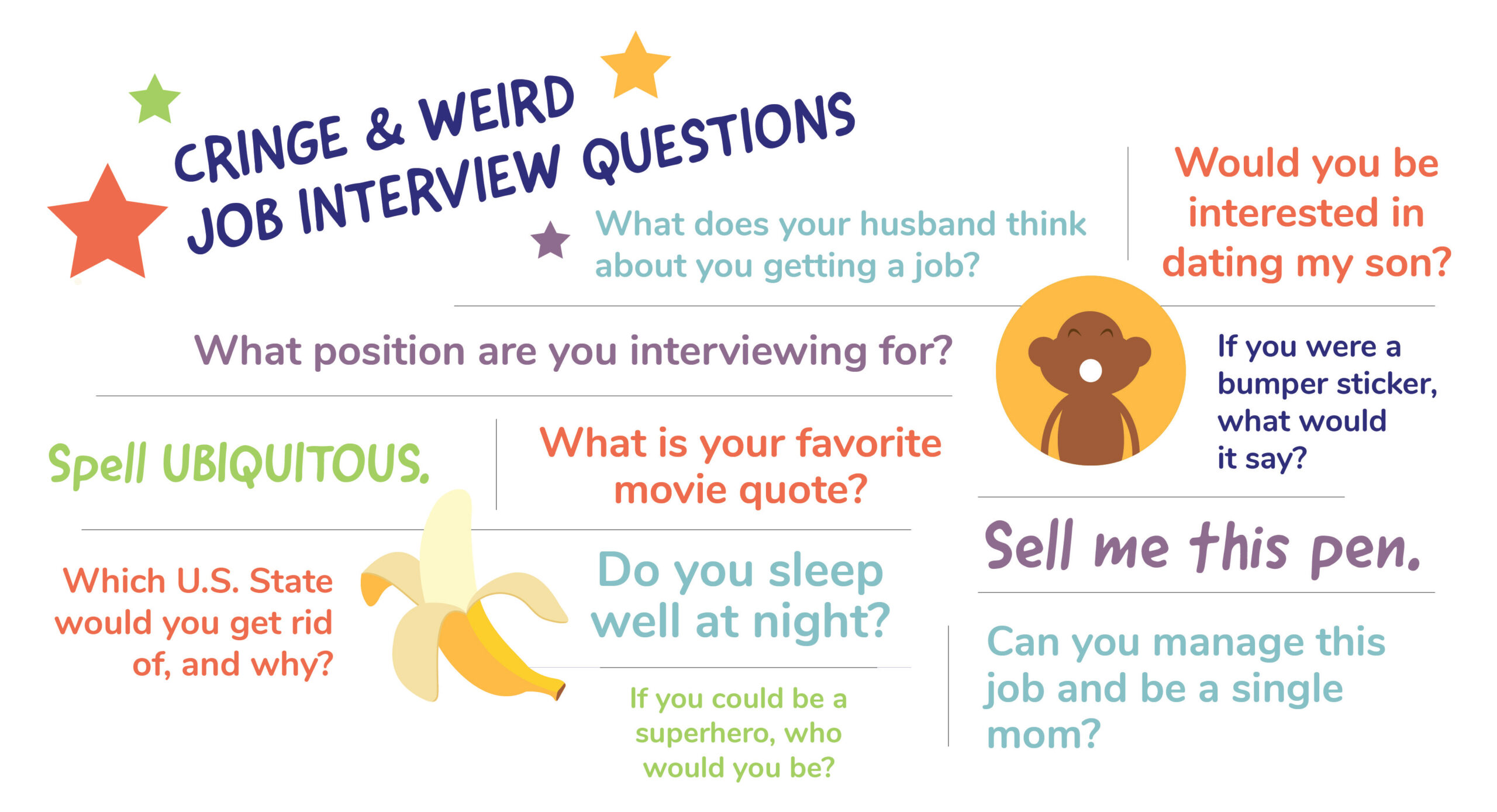Many job applications require pages of personal info from their applicants: name, email, phone number, education, previous work experience—the list goes on and on. But one question remains: should you include your age on a resume?
The short answer is no, you don’t need to include your age. In fact, we’d recommend against it. Here are some reasons why young teen job seekers should avoid including their age on job applications or in interviews.
LEGAL REASONS
Did you know it is actually illegal for a hiring manager to ask for your age?
The Age Discrimination Act protects candidates from discrimination based on their age. Whether you are 16 or 60, your employer is not allowed to ask.
Some jobs, however, may require you to be at least a certain age or have graduated college in order to qualify (i.e. must be 21 to serve alcohol). If necessary and directly related to the job, employers can ask if you have a college degree or if you are over 18. But they cannot ask “What year did you graduate?” according to Hireology, because that question would imply your age.
When creating a work profile on the Jipe app, you will be prompted to add your birthday. That information is securely stored and is not shared with employers. We simply ask for your age so that you only match with jobs that you qualify for. That way, you won’t waste any time applying for a job that requires an age minimum you don’t meet.
SKILLS ARE SIMPLY MORE IMPORTANT
Knowledge of your age may lead to assumptions about your abilities and maturity. Unfortunately, many people hold stereotypes about younger individuals, assuming that they lack experience or maturity. Including your age on a job application or mentioning it during an interview may lead the hiring manager to assume that you are inexperienced or not as mature as older candidates. To combat these assumptions, it is best to focus on your qualifications, experience, and skills rather than your age.
When it comes down to it, hiring managers are primarily interested in whether your qualifications and experience are enough to perform the job well. By emphasizing your skills in applications and interviews, you can show the hiring manager that you are the best candidate for the job regardless of your age.

IT’S UNNECESSARY
It is fairly common for teens to introduce themselves to employers by highlighting their age. For example, “Hi, I’m William. I am 16 years old and I am looking for a job in the construction industry.”
But when it comes to employee and employer relationships, there is no need to include your age. In fact, doing so may actually harm your chances of being hired.
We aren’t saying you need to hide your age from your employer, we are just saying it is unnecessary to tell them your age.
HOW NOT TO INCLUDE YOUR AGE ON A RESUME
Some of the information you provide on a resume may indicate your age. For example, if you include that you graduated high school last year, a hiring manager may assume you are between 18–19 years old.
You can be a little more discreet with your age if you omit your graduation dates. Simply state what high school you graduated from (or currently attend) without stating your graduation month or year.
When showcasing your work history, one option is to reference the duration rather than the dates. For example, replace “June 2020–April 2021” with “10 months.” This step becomes especially important once you’ve graduated college, when employers can piece together what year you joined the workforce, and thereafter, your age.
These small details will help you protect yourself from potential age discrimination! Remember to avoid listing your age during the process, but instead focus on the qualifications and experience that show you are the perfect candidate for the job.
With this new understanding, head over to the Jipe app and create your own skill-centered work profile today, and find your next job with a swipe!










